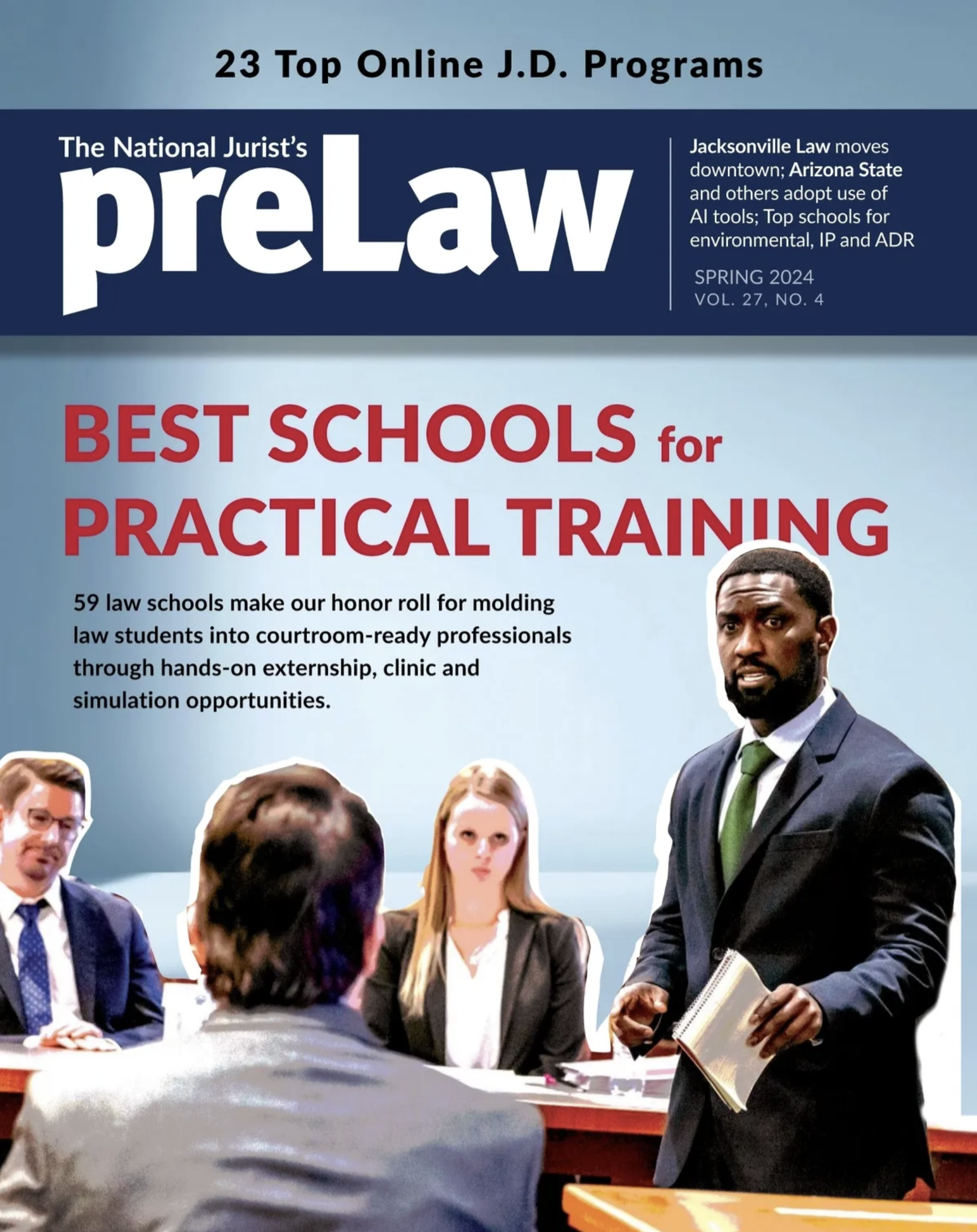A new study shows that JD-Next, an online course and test for pre-law students, is a “valid and reliable” predictor of law school performance and could be a better predictor for diverse students.
The University of Arizona James E. Rogers College of Law and authors affiliated with the school created JD-Next, which aims to teach potential students how to analyze cases and then test them. The course lasts 7 to 10 weeks and is fully online. At the end of the course, students take a test comparable to the LSAT or GRE.
JD-Next used a national sample of diverse prospective students in 2019 for the study. In 2020, it partnered with 17 law schools to recruit a cohort of their incoming law students.
“At the end of the course, students were incentivized to take and perform well on an exam that we graded with a standardized methodology” the study stated. “We collected first-semester grades as an outcome variable. We found that the exam was a valid and reliable predictor of law school performance, comparable to legacy exams (LSAT or GRE) now used by law schools.”
The study found that legacy exams “lacked significant incremental validity” in the sample for all but the most prestigious schools, while the JD-Next exam gave students a “significant advantage.” The study replicated racial and ethnic disparities on the legacy exam scores, but it estimated smaller, non-significant score disparities on the JD-Next exam.
“Together this research suggests that, as an admissions tool, the JD-Next exam may reduce the risk that capable students will be excluded from legal education and the legal profession,” the study concluded.
Last year the course ran from September to November and was offered to students for free. The course included videos with concept introductions, lectures and takeaways. It introduces “skill workshops” during the first half and moves on to doctrinal law and the application of the skills in the next half.








Comments (1)
When I took practice LSAT tests I scored ZERO every time on the ‘logic games’ section. I concluded that although LSAC asserts that no skills other than those acquired in the usual undergraduate education are required, the ‘logic games’ is just a complicated game, irrelevant to the study of law, but which may take weeks of expensive study to master and that the LSAT was just a very profitable monopoly maintained by the ABA.
This monopoly appeared to be broken by the GRE. But I found I could buy a book on Amazon called ’30 REAL GRE ESSAY ANSWERS’. I bought it ($15 paperback)) and was impressed by the essays. I informed the GRE publishers and now the book costs $60-in hardback only. It is important to note that the GRE essay topics DO NOT CHANGE from year to year so any enterprising school could prepare sample essays for law school applicants.
When I applied to Harvard I suggested that a ‘real’ on line course would be a better test. This appears to be happening -but only because of fear of death by COVID 19.
Finally, doesn’t the law have a moral, ethical component? Students who contort themselves to fit test requirement are unlikely to object to them-the end (admission to law school) justifies any means. In a lawsuit I filed about racial discrimination in Public Housing the California I found that the apartment building owner was a JUDGE!, an that the California Commission on Judicial Performance was quite toothless.
What next? JD next?